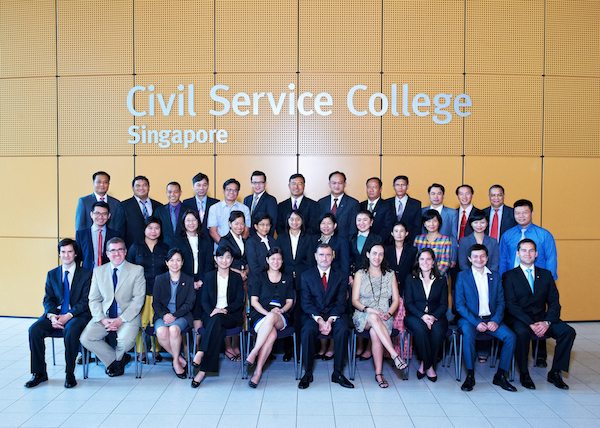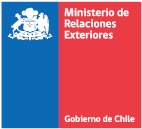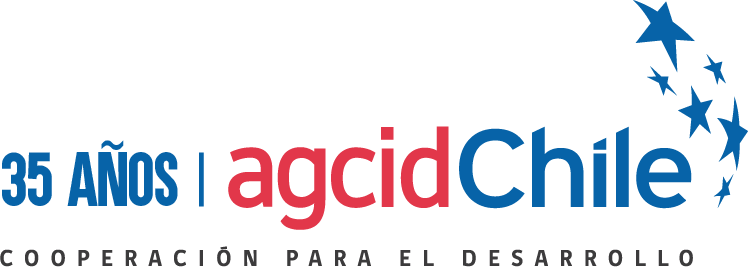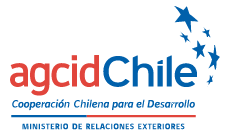Chile shares its experience in the area of transparency and good governance in public policies with countries from South-East Asia

The Chilean International Cooperation Agency AGCI CHILE and its triangular partner the Singapore Cooperation Programme (SCP), which is part of Singapore´s Ministry of Foreign Affairs, are currently implementing a joint international course on Transparency and Good Governance in Public Policies for countries from South-East Asia.
Twenty-five representatives from 6 ASEAN countries are participating in the course, which is currently taking place in Singapore, between November 11 and 15.
High-level Singaporean and Chilean authorities, including the Chilean Ambassador to Singapore, Fernando Danús Charpentier, and the General Director for the Americas of Singapore´s Ministry of Foreign Affairs, Ms. Foo Chi Hsia, participated in the course inauguration, which took place on Monday, November 11. Representatives of Singapore´s Civil Service College, the government training entity for Singapore´s public officials and the co-organizer of the course, also participated in the inauguration.
Singapore benefitted from international cooperation after gaining its Independence in 1965. Later, with the firm conviction that human capital development is the principal vehicle for economic and social progress, the Singapore Cooperation Programme (SCP) was created in 1992. To date, the SCP has contributed to the human capital development of more than 80,000 public officials from 170 countries, through training courses and technical assistance.
For the first time, Chile and the SCP are implementing a course designed to share experiences in the areas of governability and transparency for government representatives from ASEAN countries, including Cambodia, Laos, Myanmar, the Philippines, Thailand and Vietnam.
The objective of the course is to learn about the Chilean and Singaporean experiences in governability and public administration, transparency, access to information, good governance, and tools for assertive and proactive public management.
The course is designed to foster student participation and the construction of social and inter-institutional networks.
The Association of Southeast Asian Nations (ASEAN), created in 1967, is comprised by the following countries with emerging economies: Indonesia, the Philippines, Malaysia, Singapore, Thailand, Vietnam, Brunei, Cambodia, Laos and Myanmar. This association represents 11% of the GDP of Asia-Pacific, 24% of its exports, 23% of its imports and 17% of its population.
The international course includes presentations by Chilean experts from the General Secretariat of the Presidency, the Commission for the Defense of Citizens and Transparency, and the Council for Transparency, as well as from our International Cooperation Agency AGCI CHILE and the Embassy of Chile in Singapore.
Recently, Chile signed a Memorandum of Understanding with Thailand for triangular cooperation and is also implementing a cooperation project with Vietnam to introduce the sustainable production of quinoa. Vietnam, as well as Thailand, requested Chile´s assistance to evaluate the potential development of quinoa, given its adaptability and nutritional value. In Vietnam, AGCI CHILE and INIA (Institute for Agricultural and Livestock Investigation) provided scientific and technical assistance to initiate the development of this grain, working together with specialists from the University of Hanoi and farmers from the Province of Hà Giang. Two ecotypes of seeds have already been delivered and planted. In Thailand, the possibility of cultivating quinoa has also been evaluated as an alternative to the cultivation of opium




